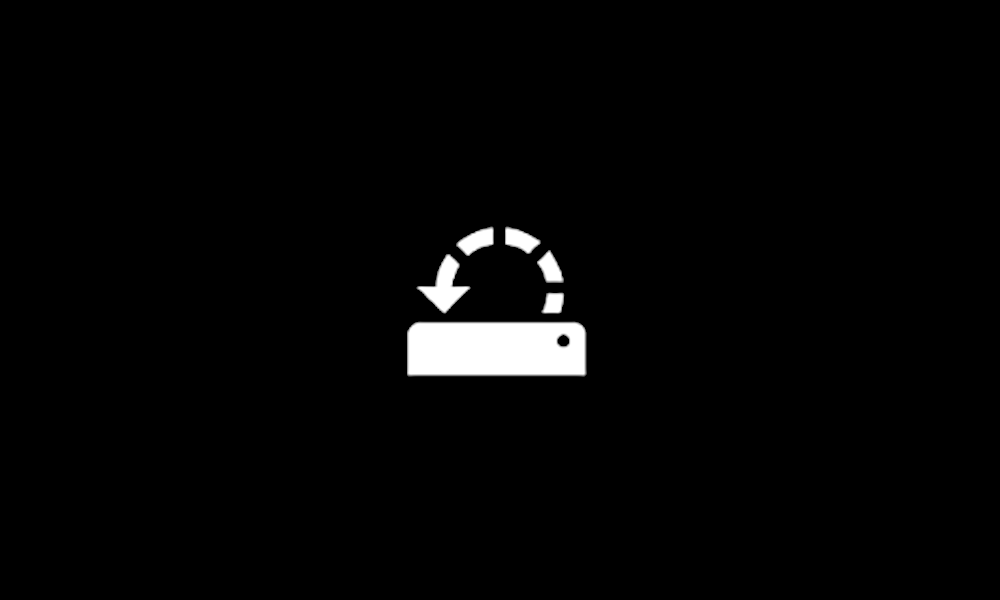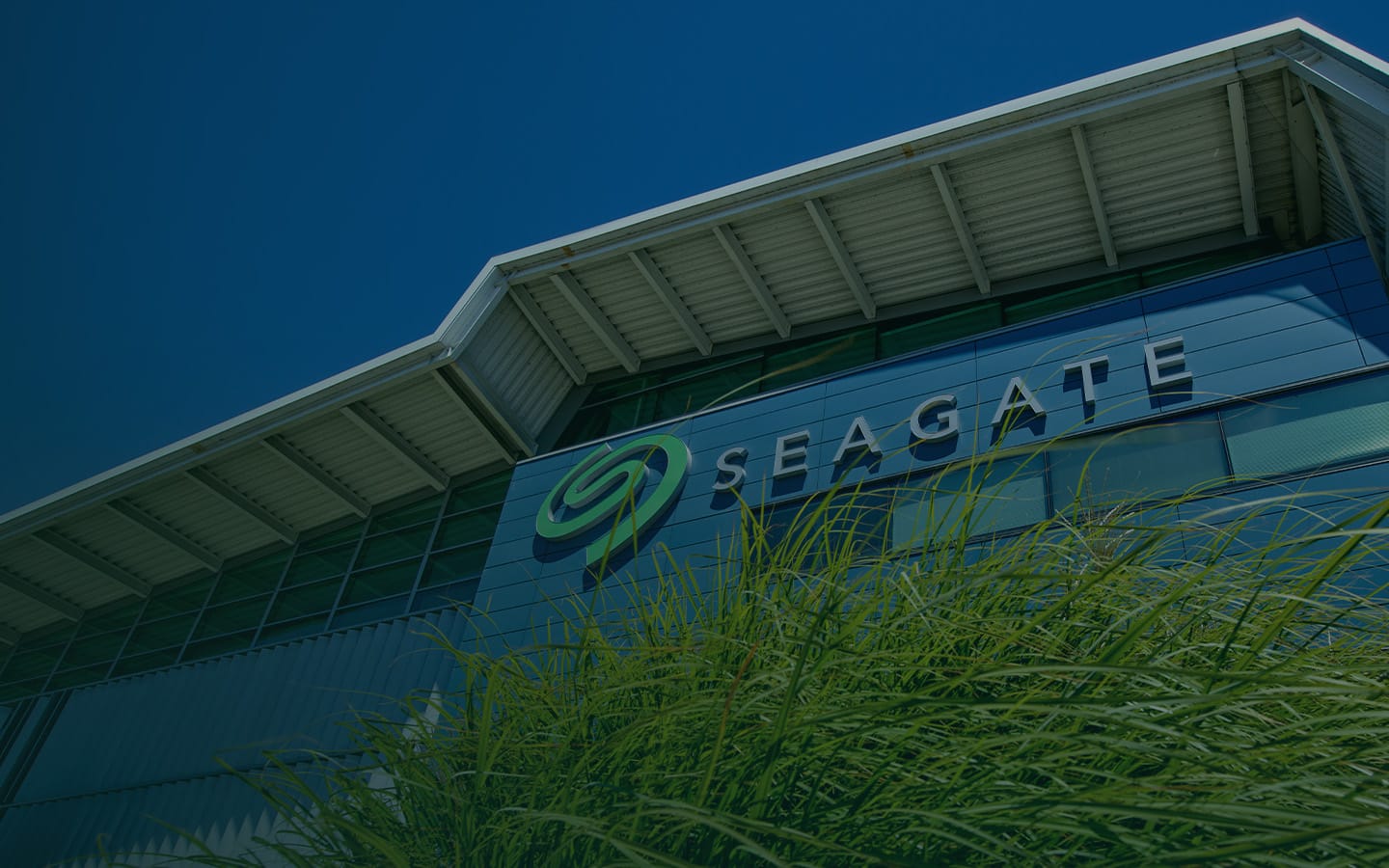Hi All,
I have been struggling with an issue for a few months now since rebuilding my PC where my PC will occasionally blue-screen, and once it restarts, it doesn't recognise my main SSD (boot drive) in the system. The BIOS shows my other drives but not the main boot drive.
Here are my specs:
MSI MAG X870 TOMAHAWK WIFI
AMD Ryzen 7 9800X3D
CORSAIR VENGEANCE RGB DDR5 RAM 32GB (2x16GB) 7200MHz CL34
CORSAIR RM1000x
SAMSUNG 990 Pro 2TB (boot drive)
SAMSUNG 980 Pro 1TB (not currently in system due to posted issue)
SAMSUNG 870 120GB
WD Black 1TB HDD
Windows Version: Microsoft Windows 11 Pro Version 24H2 (Build 26100 10.0.26100)
BIOS is up to date, as are drivers and firmware.
Originally, the 980 Pro was my boot drive from my old PC. I reformatted the drive entirely, all partitions deleted, and then installed Windows on my new 990 Pro. Had a few issues due to me forgetting to install Windows on the 990 Pro with the other storage devices disconnected however I rectified that. Both SSDs were now recognised and working.
Initially, I was blue-screening fairly often (multiple times per day to once every few days), particularly whilst gaming or sometimes if I'd leave my PC idle for a while (I say particularly whilst gaming, but this could be coincidental since most of the time if my PC is on, then I'm gaming). It usually threw up an BSOD code like 0x000000e, with it sometimes being something slightly different, however I can't recall the other couple of codes. Half of the time the BSOD screen appears for just a moment before restarting.
Upon blue-screening, it would restart and go straight to BIOS, where the boot drive (990 Pro) wouldn't be recognised anywhere, but would recognise (falsely?) the 980 Pro as a boot device. It would only be recognised again by swapping the SSDs over into different slots. This involved removing the GPU and became an absolute pain, so I took the 980 Pro out to see if that was causing the issues. Sadly, the BSODs persisted but seemingly not quite as frequently. The PC still blue-screens occasionally (once or twice per week), then goes to BIOS where the 990 Pro isn't recognised. When I restart the PC, it is recognised again.
I have tried:
- Updating BIOS and storage device firmware
- Reformatting both storage devices
- Using Samsung Magician to check device health
- Disabling XMP
- Checked power connections internally
- Reinstalling Windows (multiple times)
My thoughts are a potentially faulty 990 Pro or faulty RAM but I'd love to hear anyone's suggestions. Thanks in advance!
Attached are the results of running the recommended BSOD tests/checks:
- V2 (https://drive.google.com/file/d/1boKAqgoZoqcgu2MfiUOq0GShQj8rczCF/view?usp=sharing)
- Tuneup Plus
- DiskParInfo
- GetMemoryConfiguration
Below is the latest crash log from EventViewer:
</System>
- <EventData>
<Data Name="BugcheckCode">340</Data>
<Data Name="BugcheckParameter1">0xffff940a2639f000</Data>
<Data Name="BugcheckParameter2">0x0</Data>
<Data Name="BugcheckParameter3">0x0</Data>
<Data Name="BugcheckParameter4">0x0</Data>
<Data Name="SleepInProgress">0</Data>
<Data Name="PowerButtonTimestamp">0</Data>
<Data Name="BootAppStatus">0</Data>
<Data Name="Checkpoint">16</Data>
<Data Name="ConnectedStandbyInProgress">false</Data>
<Data Name="SystemSleepTransitionsToOn">21</Data>
<Data Name="CsEntryScenarioInstanceId">208</Data>
<Data Name="BugcheckInfoFromEFI">true</Data>
<Data Name="CheckpointStatus">0</Data>
<Data Name="CsEntryScenarioInstanceIdV2">208</Data>
<Data Name="LongPowerButtonPressDetected">false</Data>
<Data Name="LidReliability">false</Data>
<Data Name="InputSuppressionState">0</Data>
<Data Name="PowerButtonSuppressionState">0</Data>
<Data Name="LidState">3</Data>
<Data Name="WHEABootErrorCount">0</Data>
</EventData>
I have been struggling with an issue for a few months now since rebuilding my PC where my PC will occasionally blue-screen, and once it restarts, it doesn't recognise my main SSD (boot drive) in the system. The BIOS shows my other drives but not the main boot drive.
Here are my specs:
MSI MAG X870 TOMAHAWK WIFI
AMD Ryzen 7 9800X3D
CORSAIR VENGEANCE RGB DDR5 RAM 32GB (2x16GB) 7200MHz CL34
CORSAIR RM1000x
SAMSUNG 990 Pro 2TB (boot drive)
SAMSUNG 980 Pro 1TB (not currently in system due to posted issue)
SAMSUNG 870 120GB
WD Black 1TB HDD
Windows Version: Microsoft Windows 11 Pro Version 24H2 (Build 26100 10.0.26100)
BIOS is up to date, as are drivers and firmware.
Originally, the 980 Pro was my boot drive from my old PC. I reformatted the drive entirely, all partitions deleted, and then installed Windows on my new 990 Pro. Had a few issues due to me forgetting to install Windows on the 990 Pro with the other storage devices disconnected however I rectified that. Both SSDs were now recognised and working.
Initially, I was blue-screening fairly often (multiple times per day to once every few days), particularly whilst gaming or sometimes if I'd leave my PC idle for a while (I say particularly whilst gaming, but this could be coincidental since most of the time if my PC is on, then I'm gaming). It usually threw up an BSOD code like 0x000000e, with it sometimes being something slightly different, however I can't recall the other couple of codes. Half of the time the BSOD screen appears for just a moment before restarting.
Upon blue-screening, it would restart and go straight to BIOS, where the boot drive (990 Pro) wouldn't be recognised anywhere, but would recognise (falsely?) the 980 Pro as a boot device. It would only be recognised again by swapping the SSDs over into different slots. This involved removing the GPU and became an absolute pain, so I took the 980 Pro out to see if that was causing the issues. Sadly, the BSODs persisted but seemingly not quite as frequently. The PC still blue-screens occasionally (once or twice per week), then goes to BIOS where the 990 Pro isn't recognised. When I restart the PC, it is recognised again.
I have tried:
- Updating BIOS and storage device firmware
- Reformatting both storage devices
- Using Samsung Magician to check device health
- Disabling XMP
- Checked power connections internally
- Reinstalling Windows (multiple times)
My thoughts are a potentially faulty 990 Pro or faulty RAM but I'd love to hear anyone's suggestions. Thanks in advance!
Attached are the results of running the recommended BSOD tests/checks:
- V2 (https://drive.google.com/file/d/1boKAqgoZoqcgu2MfiUOq0GShQj8rczCF/view?usp=sharing)
- Tuneup Plus
- DiskParInfo
- GetMemoryConfiguration
Below is the latest crash log from EventViewer:
</System>
- <EventData>
<Data Name="BugcheckCode">340</Data>
<Data Name="BugcheckParameter1">0xffff940a2639f000</Data>
<Data Name="BugcheckParameter2">0x0</Data>
<Data Name="BugcheckParameter3">0x0</Data>
<Data Name="BugcheckParameter4">0x0</Data>
<Data Name="SleepInProgress">0</Data>
<Data Name="PowerButtonTimestamp">0</Data>
<Data Name="BootAppStatus">0</Data>
<Data Name="Checkpoint">16</Data>
<Data Name="ConnectedStandbyInProgress">false</Data>
<Data Name="SystemSleepTransitionsToOn">21</Data>
<Data Name="CsEntryScenarioInstanceId">208</Data>
<Data Name="BugcheckInfoFromEFI">true</Data>
<Data Name="CheckpointStatus">0</Data>
<Data Name="CsEntryScenarioInstanceIdV2">208</Data>
<Data Name="LongPowerButtonPressDetected">false</Data>
<Data Name="LidReliability">false</Data>
<Data Name="InputSuppressionState">0</Data>
<Data Name="PowerButtonSuppressionState">0</Data>
<Data Name="LidState">3</Data>
<Data Name="WHEABootErrorCount">0</Data>
</EventData>
- Windows Build/Version
- Microsoft Windows 11 Pro Version 24H2 (Build 26100 10.0.26100)
Attachments
My Computer
System One
-
- OS
- Windows 11
- Computer type
- PC/Desktop
- CPU
- AMD Ryzen 7 9800X3D
- Motherboard
- MSI MAG X870 TOMAHAWK WIFI
- Memory
- CORSAIR VENGEANCE RGB DDR5 RAM 32GB (2x16GB) 7200MHz CL34
- Graphics Card(s)
- NVIDIA RTX 4080
- Sound Card
- SoundBlaster Z
- Hard Drives
- SAMSUNG 990 Pro 2TB
SAMSUNG 980 Pro 1TB (not in use currently)
SAMSUNG 870 120GB
Hitachi 1TB HDD
- PSU
- CORSAIR RM1000x














